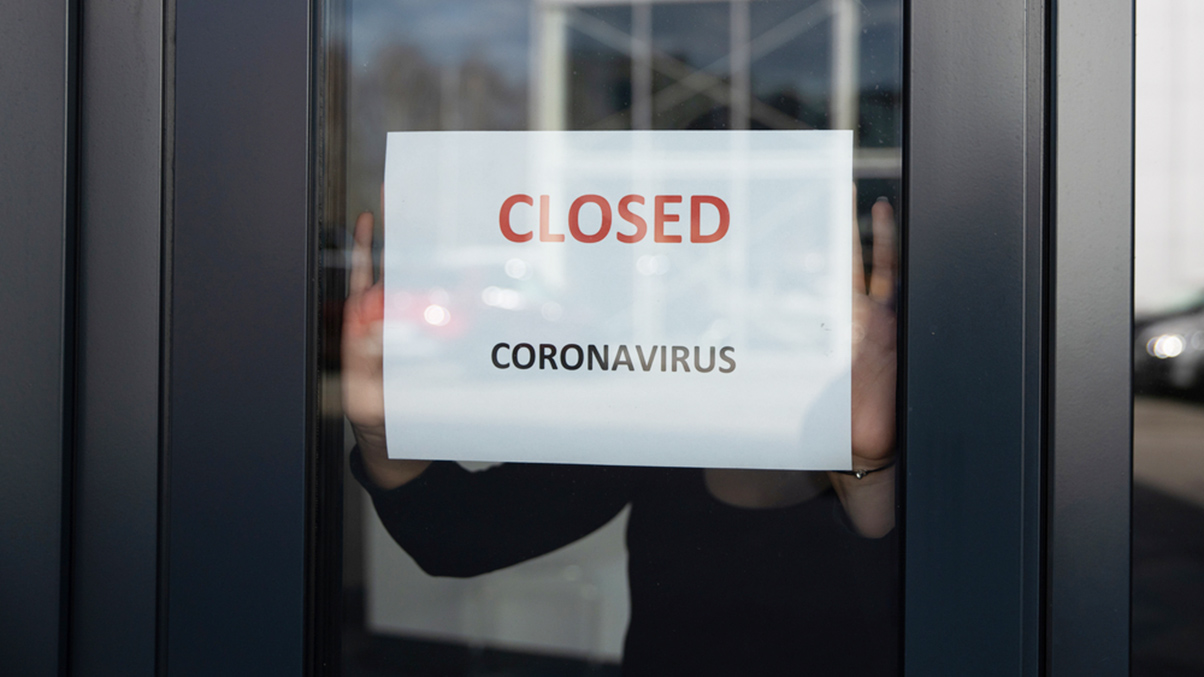The prime minister has announced a roadmap out of the current lockdown, but with the Coronavirus Job Retention Scheme (CJRS) extended until at least 30 September 2021, the cost of pandemic support packages continue to mount. In this article, Tax Litigation Director Lisa Vanderheide and Head of Financial Crime Investigations David Savage consider the legislation that enables HMRC to recover support money claimed either fraudulently or by mistake.
HMRC’s most recent update of 28 January 2021 shows that at midnight on 13 December 2020, 9.9m jobs were furloughed, with 1.2 million employers claiming a total of £46.4bn.
So, it is no surprise that the government put legislation in place during 2020 to claw back funds claimed fraudulently or in error. After a period in which businesses were required to make difficult decisions while faced with global economic uncertainty, we are entering a new era. Those decisions may now be subject to the cold light of retrospective scrutiny.
HMRC does not generally hand out money. Having been tasked with processing the various Covid-19 support payments, it is back doing something more familiar: engaging in a programme to claw back erroneously provided funds as a deemed tax liability.
New legislation facilitates the clawback of both CJRS and Self-Employed Income Support Scheme (SEISS) payments the recipient was not entitled to. It does this by converting each £1 of excess or wrongly claimed support payment into £1 of income tax liability, resulting in a 100% clawback. HMRC has up to five years to investigate and has confirmed that it is already reviewing more than 5,700 claims. HMRC will also be conducting spot checks, as well as responding to whistleblowing complaints.
HMRC has received thousands of reports of questionable support payment claims. It continues to encourage the reporting of these by including links on HMRC CJRS-related webpages that enable people to report abuse. HMRC’s publication of CJRS claimant details for periods after 1 December 2020 is a further measure to deter CJRS fraud.
Above all, however, HMRC has identified several potential anomalies when processing the claims and is taking action on these cases urgently. Its priority is to tackle deliberate non-compliance and criminal abuse of the system. In fraudulent cases, HMRC has consistently shown a zero-tolerance policy and will pursue penalties and/or criminal sanctions.
Examples of such abuse include backdating claims, asking employees to continue to work or help out at work, claiming for ex-employees, claiming for sick employees or those on parental leave, and failing to pass on the full furlough payments to employees. Several potential criminal offences may have been committed in these circumstances, including fraud by false representation, false accounting, money laundering and failure to prevent tax evasion. Directors’ disqualification has already been flagged as a possible consequence for companies that have improperly claimed, whether innocently or fraudulently.
Information is also likely to be shared across regulatory bodies, meaning that HMRC may not be alone in making enquiries. The Serious Fraud Office (SFO), in particular, wants corporate criminal liability modernised. It may be that the focus shifts to pandemic-related fraud, which would undoubtedly include CJRS abuse. Unlike HMRC, the SFO does not need new legislation to tackle fraud and has many existing powers and capabilities.
While HMRC is undoubtedly focusing on fraudulent CJRS claims, it stresses that errors must be corrected, stating on its website:
“We understand that mistakes can happen, particularly in the present circumstances. We’ve made it as easy as possible to pay back any amounts of CJRS grants you’ve claimed that you were not entitled to claim. If you received too much because you made an error in a claim, you must pay this back to us.”
If an employer discovers that CJRS payments have been over-claimed and not yet repaid, it must notify HMRC and repay the over-claimed amount. Employers must notify HMRC by the latest of:
- 90 days after the date the employer received the grant they were not entitled to
- 90 days after the date the employer received the grant they were no longer entitled to keep because their circumstances changed
If CJRS payments are still being claimed, employers can inform HMRC of an over-claimed amount as part of the next claim. When making a claim, the employer will be prompted as to whether they need to reduce the amount to take account of a previous error, and the new claim amount will be reduced to reflect this. No further action is required, but they should keep a record of this adjustment for six years.
If CJRS claims are no longer being made, a direct approach to HMRC is required. If incorrect claims are not notified to HMRC (and refunds issued) within the 90-day limit mentioned above, HMRC can consider imposing penalties on the incorrect claims, even where the mistakes are genuine errors rather than deliberate or fraudulent.
HMRC has said that in calculating the amount of any penalty, it will take into account whether employers knew they were entitled to the CJRS grant when they received it, or it became repayable or chargeable to tax because their circumstances changed. However, HMRC will not charge a penalty for a failure to notify errors if all of the following apply:
- here is a reasonable excuse for the failure
- the failure was not deliberate
- HMRC was told of the failure without unreasonable delay after the reasonable excuse ended
A reasonable excuse is something that stops an employer from meeting a tax obligation on time, which they took reasonable care to meet. It might be due to circumstances outside their control or a combination of events. Once the reasonable excuse has ended, the employer must put things right without any unnecessary delay.
The penalty can, therefore, be significantly reduced by making a voluntary disclosure to HMRC of any irregularities, even if the disclosure is after the time limits detailed above.
While HMRC has recently indicated that it considers there to be little risk that the various government support packages have been exposed to organised criminal attack, the numbers speak for themselves. There is an understandable public interest argument for the government to recoup any ill-gotten funds and this was recognised in the Spring 2020 budget with the announcement of a new HMRC “Taxpayer Protection Taskforce”, the mandate for which is to investigate and claw back illegitimately claimed funds.
Many businesses are, therefore, understandably concerned at both the financial and reputational risk associated with claims that may subsequently be subject to HMRC scrutiny, either by the business satisfying itself that there were no errors (and having the all-important audit trail should HMRC raise queries) or identifying any issues that need to be proactively disclosed to HMRC.
It is, therefore, critical that businesses in receipt of CJRS payments and any other form of pandemic-related government support now review any claims they have made to ensure they have acted in compliance with all the rules and can evidence this with a clear audit trail. Positions originally adopted and decisions made may, despite genuine interpretation of the rules, be found to be wrong when judged against later guidance and understanding.
Covid-19 is impacting individuals and companies around the world in an unprecedented way. We have collected insights here to help you navigate the key legal issues you may be facing at this time.
You can find further information regarding our expertise, experience and team on our Tax Litigation and Investigations and Financial Crime pages.
If you require assistance from our team, please contact us or request a call back from one of our lawyers by submitting this form.
Subscribe – In order to receive our news straight to your inbox, subscribe here. Our newsletters are sent no more than once a month.






